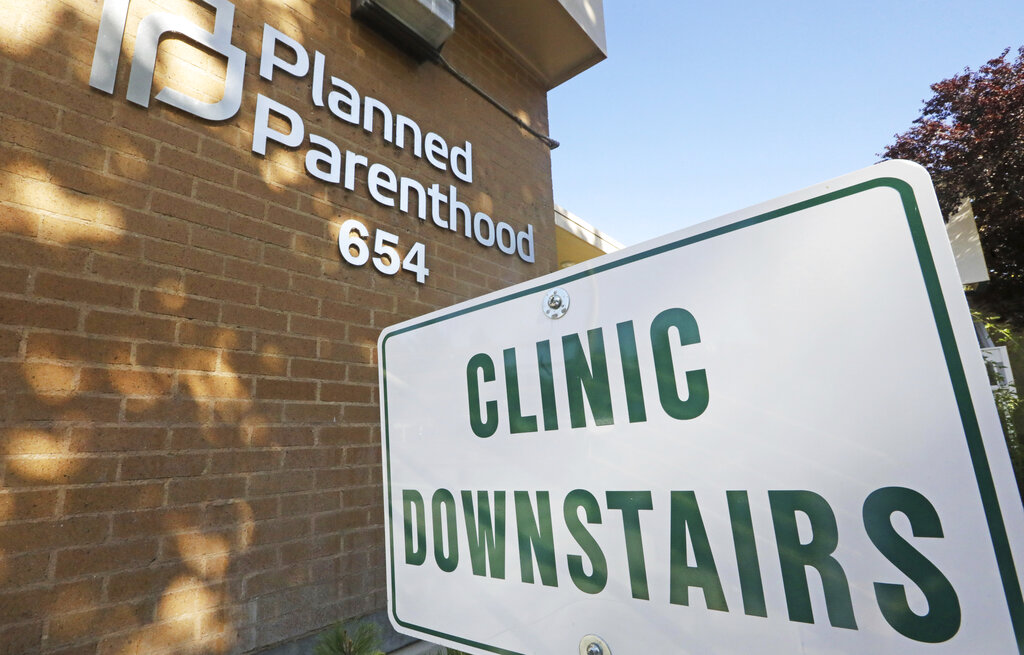An appeals court in Germany has agreed to hear a challenge brought by a local 40 Days for Life leader over a ban on silent prayer gatherings outside an affiliate of the International Planned Parenthood Federation.
Last week, the Administrative Court of Appeals in Mannheim called for the facts in the case filed by Pavica Vojnović, who leads the 40 Days for Life chapter in Pforzheim, a reversal of a decision in May by the Karlsruhe Administrative Court, according to the Catholic News Agency.
Listen to today’s podcast and subscribe:
Vojnovic, who led prayer vigils outside the pre-abortion advisory center Pro Familia, will now be permitted to appeal a previously instituted ban.
“This is about more than our group in Pforzheim,” said the pro-life activist, who is being represented by the Alliance Defending Freedom International. “It’s about whether prayer-free zones are lawful, or whether one is allowed to represent different opinions in the public square. That is why we will continue fighting for this freedom.”
Those who participated in the prayer vigils — which took place twice a year and consisted of around 20 people — did not block anyone from entering the abortion building or from using the surrounding sidewalk or pavement. Nevertheless, in 2019, the local municipality in Pforzheim, which is in the federal state of Baden-Württemberg, denied the pro-life group permission to pray near the center.
Despite the pushback from Pro Familia, the 40 Days for Life demonstrators said they have always been peaceful during their prayer vigils, stating the police — who monitored them at the request of Pro Familia — found “no violations of any law.”
Even still, the abortion center asked for the vigil to “be moved some distance away or banned altogether.”
Members of 40 Days for Life, though, are challenging the ban, arguing it restricts their right to freedom of religion, assembly, and speech. Initially dismissed by a lower court on May 12, the pro-life group has received a second chance at appeal.
Felix Böllmann, senior counsel for ADF International, said he is encouraged the German court “sees merit in the case.”
“Hopefully, it will grasp this opportunity to uphold freedom of expression, assembly and religion,” he said in a statement. “In dismissing the case, the lower court failed to affirm these freedoms which are the foundation of every free and fair democracy. By prohibiting even silent prayer near an abortion organization, the Pforzheim authorities have gone beyond what could be considered reasonable or proportionate.”
“Whether or not people agree with Pavica’s views on the sanctity of life,” Böllmann continued, “everyone can support the importance of the fundamental rights to freedom of expression, religion, and assembly.”
Vojnović, for her part, said she is “shocked” she and others are “being prevented from supporting vulnerable women and their unborn children in prayer.”
“It’s discouraging to hear that silent prayer vigils in a public place are restricted by local authorities,” she said. “Our society must offer better support to mothers in difficult situations.”
Anything else?
This is not just an issue overseas.
In early October, California Gov. Gavin Newsom (D) signed into law a bill establishing a 30-foot “buffer zone” between protesters and vaccination sites and abortion clinics, CBN News reported. Those who violate the distancing rule could face a maximum of six months behind bars and a fine of up to $1,000.
Denise Harle, senior counsel for ADF, described the law as “blatantly unconstitutional.”
“The First Amendment right to free speech is guaranteed to all Americans in all places,” she said. “The Constitution can’t be nullified by so-called buffer zones. … We oppose this egregious speech restriction and we are disappointed that Gov. Newsom failed to stand up for the rights of Californians and veto the bill.“
And, in January, the U.S. Supreme Court declined to hear arguments from pro-life groups challenging a Pittsburgh ordinance establishing a 15-foot “buffer zone” between abortion clinics and demonstrators, directly targeting so-called “sidewalk counseling,” when protestors approach those seeking abortions, often to pray with them.
***As the number of voices facing big-tech censorship continues to grow, please sign up for Faithwire’s daily newsletter and download the CBN News app, developed by our parent company, to stay up-to-date with the latest news from a distinctly Christian perspective.***



